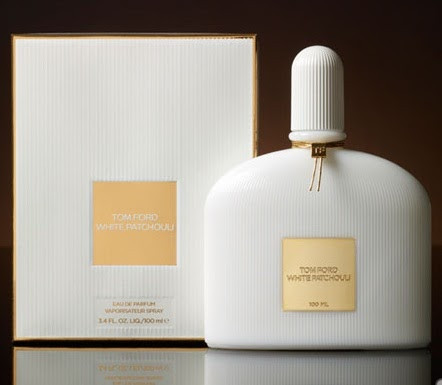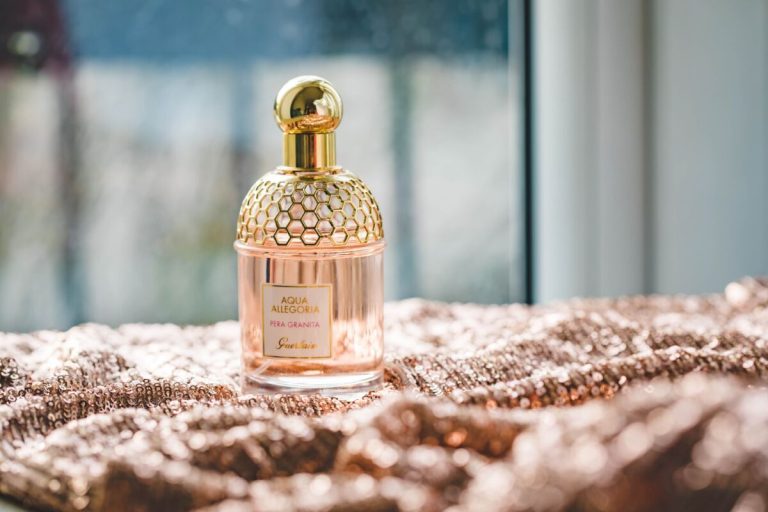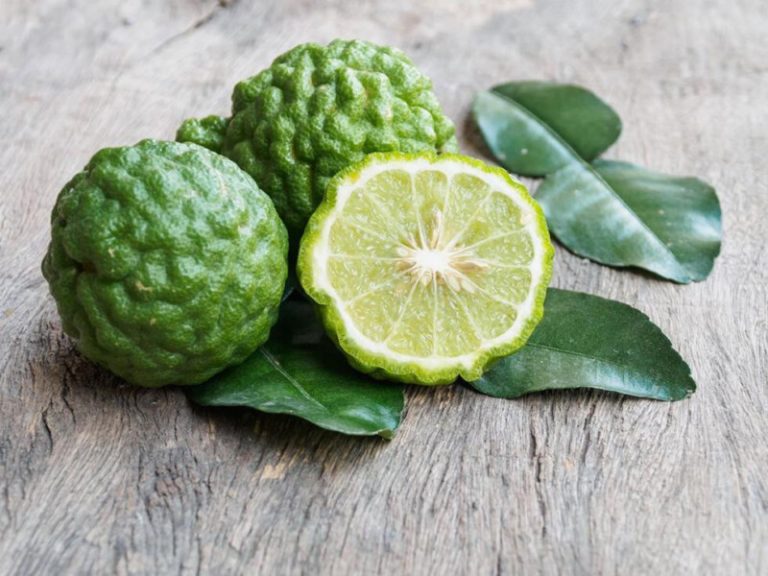What Does Patchouli Smell Like?
Patchouli is a scent that evokes strong reactions. Some find its exotic, earthy aroma captivating and intoxicating. Others think it has an unpleasant stench. So what does patchouli really smell like?
In this article, we’ll explore the distinctive scent of patchouli oil, what creates its complex fragrance, who loves it, who loathes it, and how it’s used in perfumes. Read on to uncover the mystique behind this polarizing aromatic plant.
The Alluring, Perplexing Scent of Patchouli
Contents
- The Alluring, Perplexing Scent of Patchouli
- The Source of Patchouli’s Distinctive Scent
- Love It or Hate It: Strong Reactions to Patchouli
- The Alluring History of Patchouli
- Using Patchouli Oil for Fragrance
- The Soothing Benefits of Patchouli Oil
- Other Scents Similar to Patchouli
- Experience the Mystique of Patchouli Yourself
The fragrance of patchouli consists of a rich, musky sweetness combined with spicy, herbal notes and a deep, lingering woodiness. It’s often described as earthy, smoky, sensual, and grounding.
Some liken patchouli’s unusual smell to incense or potpourri. It has a certain hippie aura from its association with the 1960s counterculture movement. Others connect it to traditional Asian medicine and rituals.
The complex odor makes it hard to pin down exactly what patchouli smells like. It’s not a simple or clean scent, but rather multilayered and thought-provoking. The richness and mystery creates a vivid impression, whether delightful or overpowering.
The Source of Patchouli’s Distinctive Scent
Patchouli refers to a bushy herb plant with large, fuzzy green leaves and delicate purple flowers resembling lavender. The leaves are steam distilled to produce a thick, concentrated essential oil brimming with fragrant compounds.
The main chemical constituent is patchoulol (about 30-40%), which gives patchouli its characteristic musky, earthy aroma. Other compounds like norpatchoulenol, pogostol, and alpha bulnesene also contribute to the rich, herbaceous scent.
In total, patchouli oil contains over 100 biochemicals, creating a complex bouquet. The oil’s intricate chemistry is what makes its smell so hard to describe yet so unmistakable.
Love It or Hate It: Strong Reactions to Patchouli
Patchouli elicits visceral reactions from people. Some are immediately captivated by its exotic, sensual aroma. Others are repelled by what they consider a strong, cloying stench.
The herbaceous, spicy depths of patchouli appeal to people seeking a mysterious, meditative fragrance. It’s long been a staple in incense and has an air of the occult. The smoky notes remind people of bonfires and appeal to free spirits.
However, some find patchouli overpowering in its muskiness and earthiness. They describe it as dirty, hippie-ish, and reminiscent of body odor. The tenacious scent lasts a long time, which can be annoying to patchouli-averse people.
The Alluring History of Patchouli
Patchouli has been prized for centuries in Asia. In India, it was used in temples and offerings to the gods. The leaves were also strewn on fabrics along the Silk Road to deter moths and odor during transport.
Victorian high society picked up on patchouli’s popularity. It became fashionable for affluent women to use patchouli perfumes and scented fabrics, like shawls infused with patchouli oil. Some even carried embroidered patchouli sachets as accessories.
Later patchouli became associated with 1960s counterculture and anti-establishment movements. Hippies wore patchouli oil as it was thought to mask the smell of cannabis. Musicians like Jimi Hendrix and The Rolling Stones popularized it.
Using Patchouli Oil for Fragrance

Patchouli oil is a common ingredient in fragrances thanks to its rich, long-lasting aroma. It acts as a base note that grounds a perfume and makes the scent last longer on skin and fabrics.
It blends well with citrus oils like bergamot, lemon, and orange which add a fresh top note. Floral middle notes like rose, jasmine, and lavender soften patchouli’s earthiness. Spices like cinnamon, cloves and ginger add warmth and exotic flair.
Here are some popular fragrances showcasing patchouli’s musky, sensual aroma:
- Tom Ford White Patchouli – elegant and sophisticated
- Chanel Coco Mademoiselle – fresh and feminine
- Gucci Guilty Intense – provocative and seductive
- Yves Saint Laurent Black Opium – sweetly addictive
- Viktor & Rolf Flowerbomb – floral and romantic
- Dior Hypnotic Poison – mysterious and alluring
The Soothing Benefits of Patchouli Oil
Beyond its use in perfumes, patchouli oil has therapeutic benefits when used in aromatherapy, skincare, and around the home. The rich phytochemicals that make patchouli fragrant also support wellbeing.
Mood enhancer – Patchouli oil uplifts mood, relieves anxiety and depression, and boosts libido. The sweet, musky aroma encourages relaxation.
Anti-inflammatory – Patchouli contains compounds that reduce inflammation implicated in arthritis, allergies, eczema, and psoriasis.
Pain relief – Applied topically, patchouli oil alleviates headaches, muscle pain, and joint soreness thanks to its analgesic and soothing properties.
Antimicrobial – Patchouli oil kills harmful bacteria, viruses, and fungi, helping prevent infections and support wound healing.
Antioxidant – The antioxidants in patchouli oil combat free radicals that can contribute to aging, cancer, heart disease, and neurological decline.
Other Scents Similar to Patchouli
Certain aromatic oils share similar properties with patchouli’s sweet, spicy, woody fragrance. People who enjoy patchouli’s grounding scent may also like:
- Vetiver – fresh, green, earthy
- Sandalwood – rich, creamy, exotic
- Cedarwood – warm, woodsy, soothing
- Frankincense – resinous, slightly spicy
These oils are commonly blended with patchouli or used in place of it. Try combining patchouli with complementary scents to find your perfect soothing, meditative aroma.
Experience the Mystique of Patchouli Yourself
Patchouli has an unmistakable rich, herbal aroma that smells intriguing or overpowering depending on one’s taste. Its complex, lingering fragrance has been sought after for centuries.
Beyond its use in perfumes, patchouli oil offers therapeutic benefits for both body and mind. It uplifts moods, eases anxiety, soothes inflammation, and more.
Love it or hate it, patchouli’s exotic bouquet is sure to leave an impression. Open your senses to its earthy, sensual depths and discover the intrigue of patchouli for yourself.

Founded by Sophia Rodriguez, IGXO Cosmetics is a PETA-certified, cruelty-free, and vegan makeup brand.





